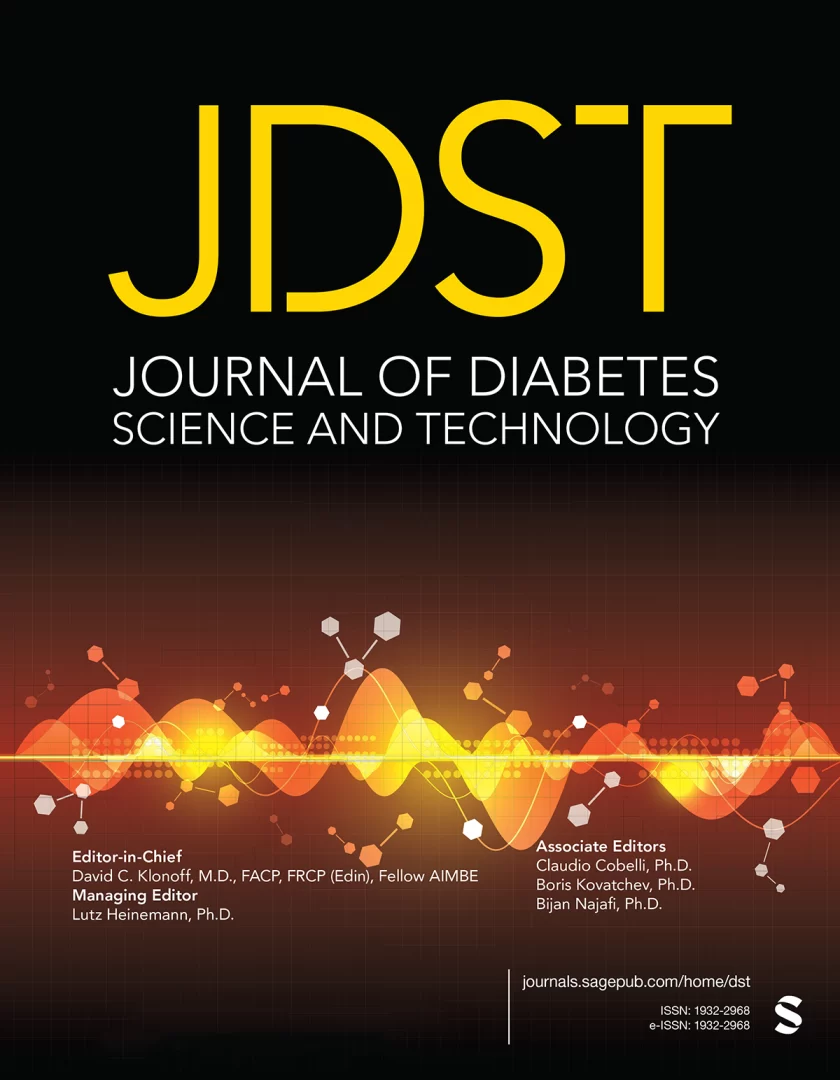Tau Blood Test Flags Preclinical Alzheimer’s Disease

Original Article: https://www.medscape.com/viewarticle/tau-blood-test-flags-preclinical-alzheimers-disease-2024a1000dxr
Introduction to the Study
Alzheimer’s Disease is the commonest cause of dementia, and sadly, the number of people developing it continues to rise. A new study has introduced a promising blood test that can detect early signs of Alzheimer’s disease, even before significant symptoms appear. This test, which measures a substance called a tau protein in the blood, which could help identify individuals at risk of developing Alzheimer’s long before the condition becomes clinically evident.
Key Findings
- Early Detection: The study found that elevated tau levels in the blood were linked to early signs of Alzheimer’s, potentially identifying individuals up to 6 years before they show noticeable symptoms. This early detection could be crucial for timely intervention and treatment.
- Test Accuracy: The tau blood test demonstrated a high level of accuracy in predicting preclinical Alzheimer’s disease. Specifically, it was able to identify those at risk with an accuracy rate of 85%. This high level of precision could make the test a valuable tool for monitoring and managing Alzheimer’s risk in individuals who have not yet developed symptoms.
- Implications for Treatment: Early identification of Alzheimer’s through this blood test could lead to earlier treatment and better management of the disease. The ability to detect Alzheimer’s before symptoms appear opens up new possibilities for research into preventive measures and interventions that could delay or even prevent the onset of the disease.
Conclusion
The new tau blood test represents a significant advancement in the early detection of Alzheimer’s disease. By identifying elevated tau levels before symptoms emerge, this test offers a potential pathway for early intervention and improved management of the condition. This development could have a major impact on how Alzheimer’s disease is monitored and treated in the future.

